Forming part of the Great Rift Valley, Rwanda is a little-visited but spectacular country in Central Africa. It has been nicknamed the “Land of a Thousand Hills” due to its undulating landscapes, which hug the sparkling waters of Lake Kivu. Patch-worked agricultural fields and tiny villages surround the lake, which is traversed by the famous Congo Nile Trail.
At Rwanda’s heart is the endearing capital, Kigali, which is home to colourful markets, friendly locals and inspiringly clean streets. Plastic bags have been banned in Rwanda since 2008 and e-motos are on the rise, resulting in one of the most eco-conscious countries in Africa. In Kigali, you’ll find poignant memorials to the Rwandan genocide that dominated international news in the 1990s and a world-class museum dedicated to world peace.
From Kigali, most travellers venture to the misty mountains of Volcanoes National Park to go Rwanda gorilla trekking, with this travel experience definitely one to tick off your bucket list. In one of Africa’s oldest rainforests, Nyungwe, you can come face-to-face with chimpanzees, as well as L’Hoest’s monkeys, which are endemic to the Albertine Rift. Rounding out Rwanda’s wildlife destinations is Akagera National Park, which offers classic safaris to spot zebras, lions and elephants along the border with Tanzania.
In addition to its wildlife encounters, travel to Rwanda is a culturally enriching experience. The country is home to three main ethnic groups - the Tutsi, the Hutu, and the Twa - with each traditionally having distinct roles. While the Tutsi were cattle herders, the Hutu farmed the land and the Twa lived a sustainable existence within the forests. Despite its past conflicts, Rwanda is today a country that is united in peace and proof of how we can live in harmony if we put our differences aside.
As adventurous travellers discover the charms of Rwanda, tourism numbers have been on the rise. Not only is it a relatively small country and easy to travel around but the locals are welcoming and always ready to help. Add to that some of Africa’s most exhilarating wildlife experiences and landscapes that will leave you speechless, and Rwanda will stay with you long after you depart.
Things to do in Rwanda
Volcanoes National Park
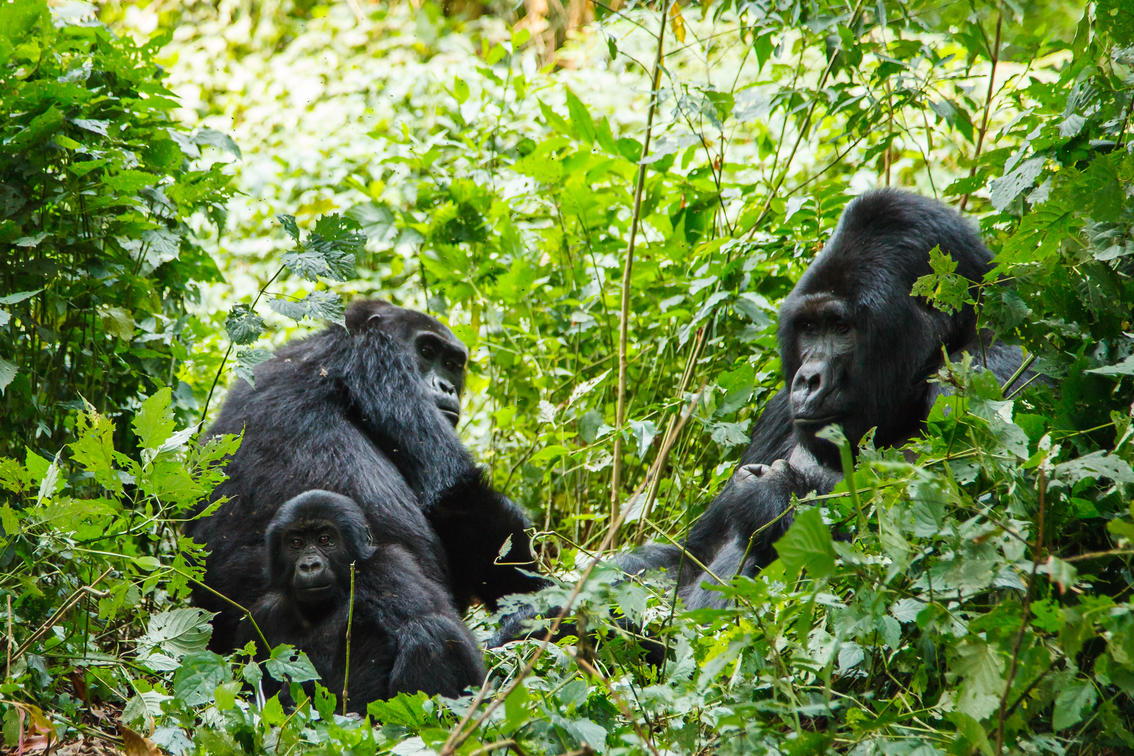 With its resident population of mountain gorillas, Volcanoes National Park is the reason that many travellers venture to Rwanda in the first place. Encompassing the Virunga Mountains in the country’s northwest, it was here that primatologist Dian Fossey conducted much of her research. Today, knowledgeable guides and armed scouts lead visitors through the park’s lush jungle to come face-to-face with not only mountain gorillas but also golden monkeys, spotted hyenas and more than 160 recorded bird species. It’s a once-in-a-lifetime experience that is about connecting with one of our closest relatives while helping to ensure their long-term survival.
With its resident population of mountain gorillas, Volcanoes National Park is the reason that many travellers venture to Rwanda in the first place. Encompassing the Virunga Mountains in the country’s northwest, it was here that primatologist Dian Fossey conducted much of her research. Today, knowledgeable guides and armed scouts lead visitors through the park’s lush jungle to come face-to-face with not only mountain gorillas but also golden monkeys, spotted hyenas and more than 160 recorded bird species. It’s a once-in-a-lifetime experience that is about connecting with one of our closest relatives while helping to ensure their long-term survival.
Kigali Genocide Memorial Centre
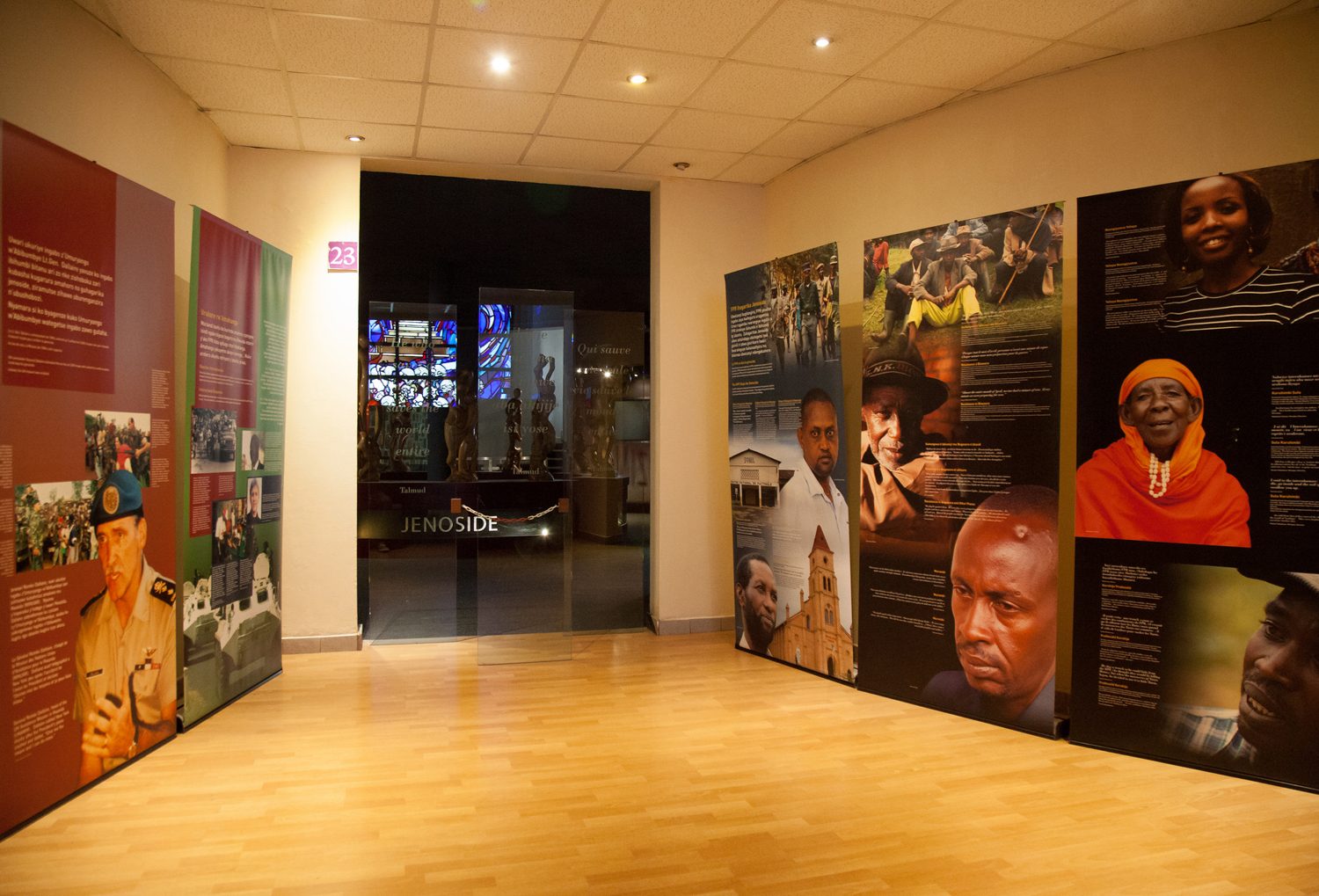 Not only is the Kigali Genocide Memorial Centre a place to understand the 1994 genocide and the events that led up to it but somewhere to remember its victims. It was designed to educate both locals and visitors about what can result when you incite hatred and create ethnic divisions, and other global genocides are highlighted in its exhibits. Visiting the Kigali Genocide Memorial Centre is a deeply moving experience and an opportunity to pay your respects to the victims, as well as contemplate the importance of world peace.
Not only is the Kigali Genocide Memorial Centre a place to understand the 1994 genocide and the events that led up to it but somewhere to remember its victims. It was designed to educate both locals and visitors about what can result when you incite hatred and create ethnic divisions, and other global genocides are highlighted in its exhibits. Visiting the Kigali Genocide Memorial Centre is a deeply moving experience and an opportunity to pay your respects to the victims, as well as contemplate the importance of world peace.
Lake Kivu
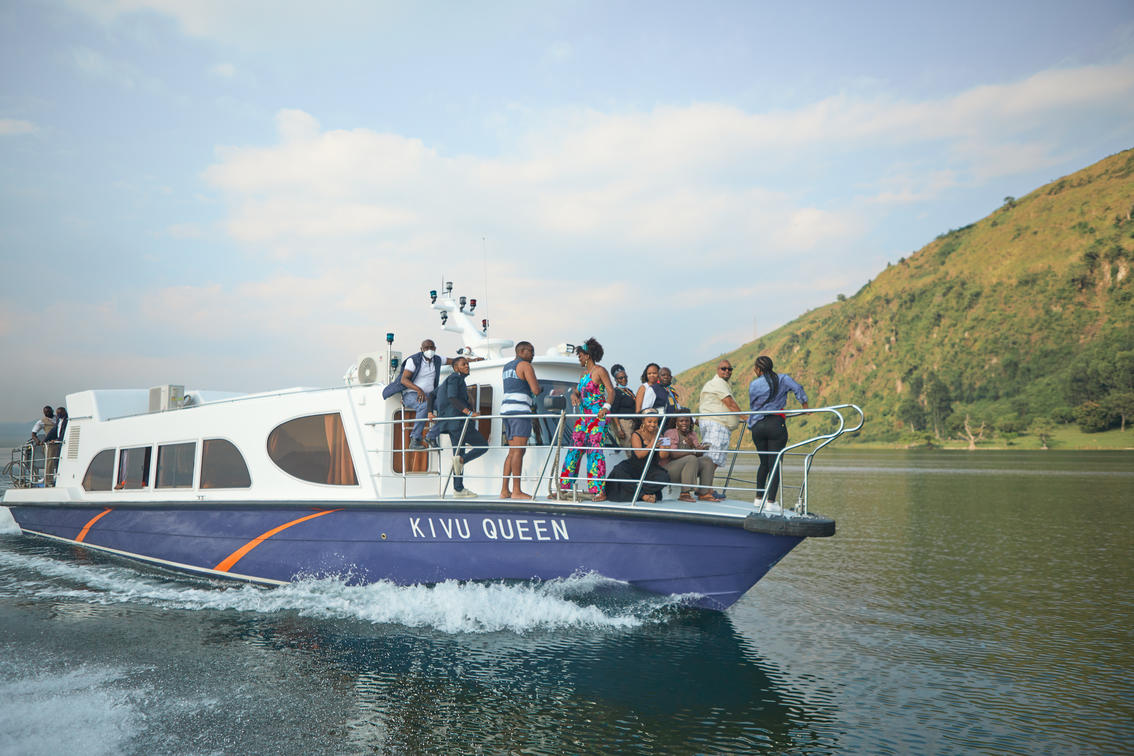
Surrounded by terraced slopes blanketed in agricultural fields, Lake Kivu lies along Rwanda’s border with the Democratic Republic of Congo. While it serves as an important means of transportation for locals, it’s also spellbindingly beautiful to explore as a visitor. From the beach resort of Gisenyi or the peaceful town of Kibuye, you can venture off on day cruises to soak up the scenery and visit some of Lake Kivu’s islands. If you’re feeling energetic, you can tackle the 227-kilometre-long Congo Nile Trail, which connects from Gisenyi in the north to Cyangugu in the south.
Nyungwe Forest National Park
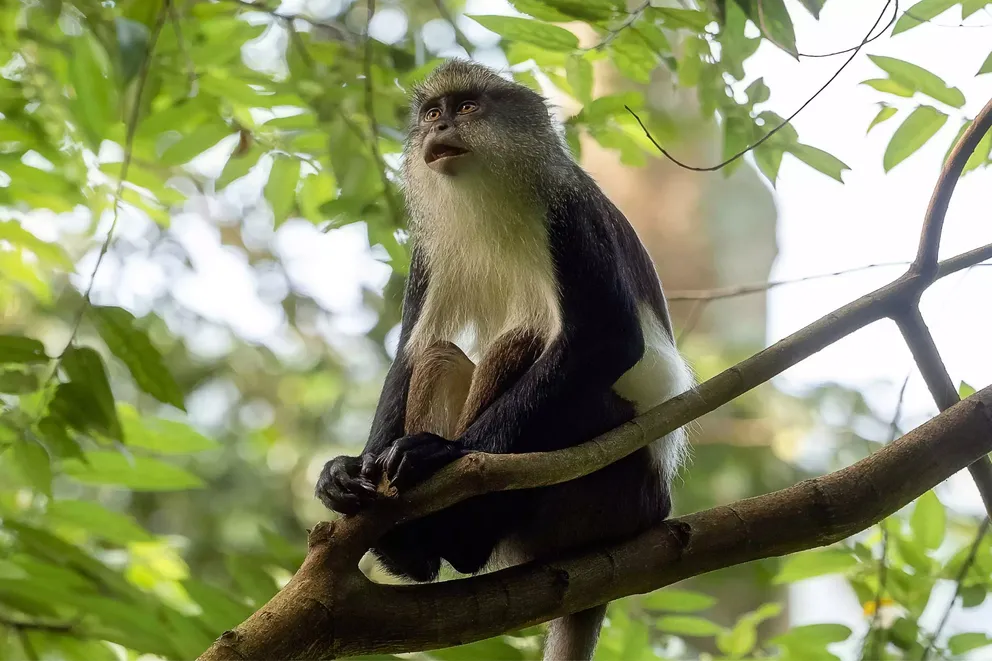
Nestled in the far south of Rwanda, Ngungwe encompasses some of the best preserved montane rainforest habitats remaining in Central Africa. While it is famed for its large numbers of chimpanzees, it is also home to owl-faced and colobus monkeys that can be spotted on guided treks through its high-altitude landscapes. One of the most popular walks through the park is the Igishigishigi Trail, which encompasses the elevated Canopy Walkway and offers magnificent views of the valley floor below. Birdwatchers will be treated to sightings of several species that are endemic to the Albertine Rift.
Akagera National Park
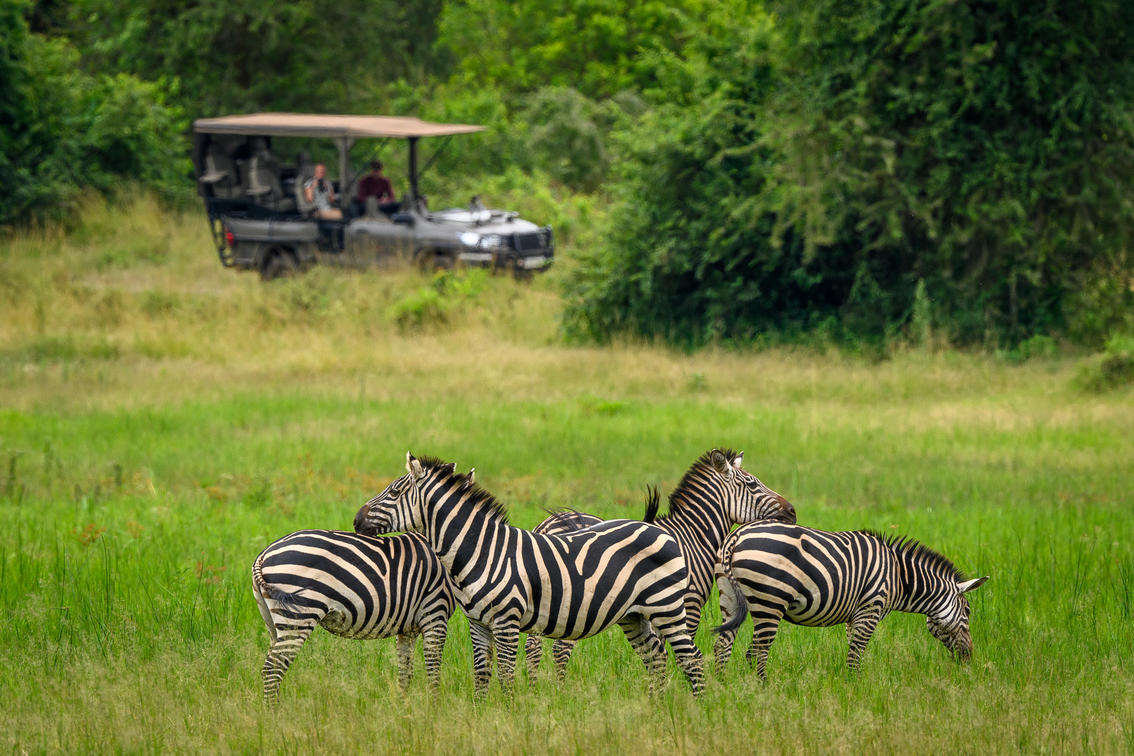 Hugging Rwanda’s eastern border with Tanzania, Akagera National Park encompasses sprawling savannah, montane woodlands and papyrus swamps. It was founded in 1934 to provide a habitat for big-game wildlife species but became overrun with cattle and patrolled by poachers during the Rwandan genocide. Thanks to careful management and the re-introduction of several species, Akagera is now one of Central Africa’s largest protected wetlands and provides an important sanctuary for zebras, giraffes, lions and hippos. More than 480 bird species have been recorded within its bounds, including rare and prehistoric shoebills.
Hugging Rwanda’s eastern border with Tanzania, Akagera National Park encompasses sprawling savannah, montane woodlands and papyrus swamps. It was founded in 1934 to provide a habitat for big-game wildlife species but became overrun with cattle and patrolled by poachers during the Rwandan genocide. Thanks to careful management and the re-introduction of several species, Akagera is now one of Central Africa’s largest protected wetlands and provides an important sanctuary for zebras, giraffes, lions and hippos. More than 480 bird species have been recorded within its bounds, including rare and prehistoric shoebills.
Rwanda travel FAQs
When is the best time to visit Rwanda?
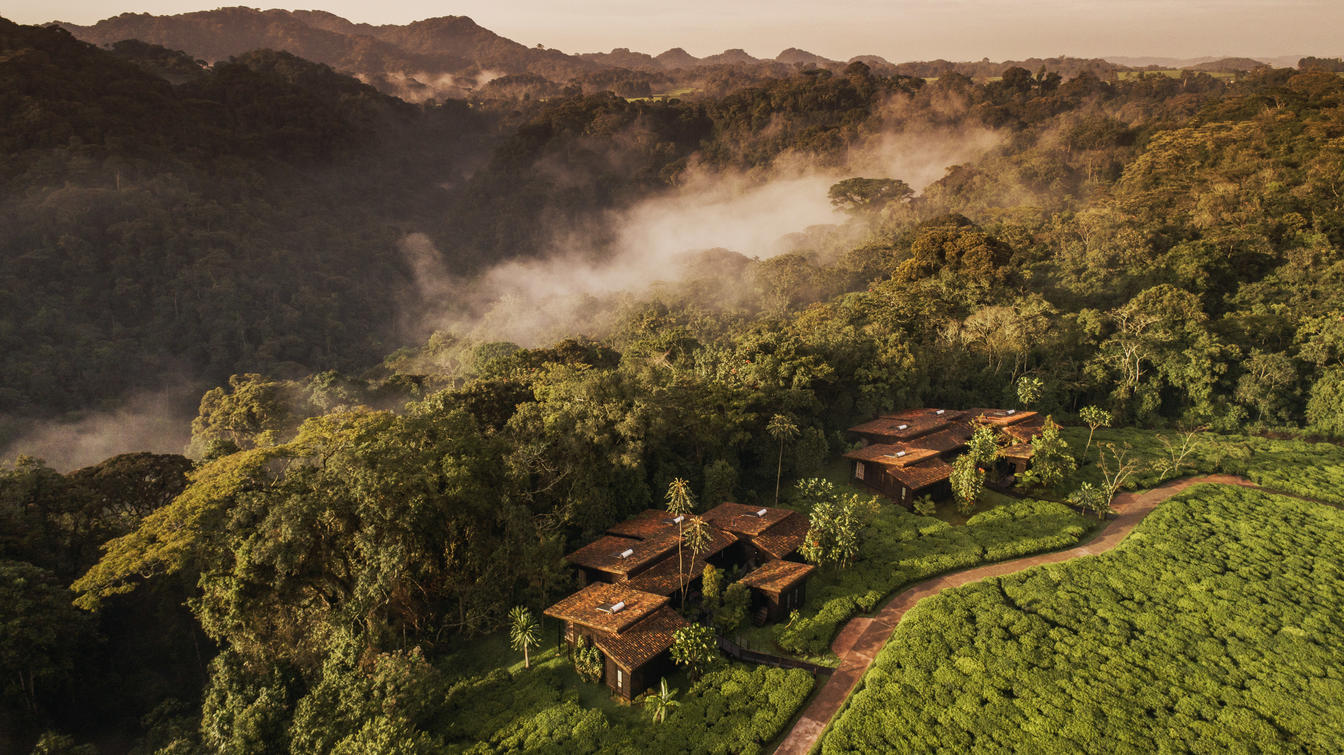 The best time to visit Rwanda is generally considered to be one of the two dry seasons, which extend from December to early February and June to September. During these periods, the gorilla trekking trails are drier and easier to hike and there’s less risk of contracting malaria. It’s still possible to trek to Rwanda’s mountain gorillas during the rainy seasons, although you should expect much muddier trails.
The best time to visit Rwanda is generally considered to be one of the two dry seasons, which extend from December to early February and June to September. During these periods, the gorilla trekking trails are drier and easier to hike and there’s less risk of contracting malaria. It’s still possible to trek to Rwanda’s mountain gorillas during the rainy seasons, although you should expect much muddier trails.
The rainy seasons from mid-February to early June and mid-September to mid-December are the best times to see Ngungwe’s chimpanzees. This is because food is easier to find following the rains and the chimps don’t journey as deep into the forest and away from the trails.
Is Rwanda a safe place to travel?
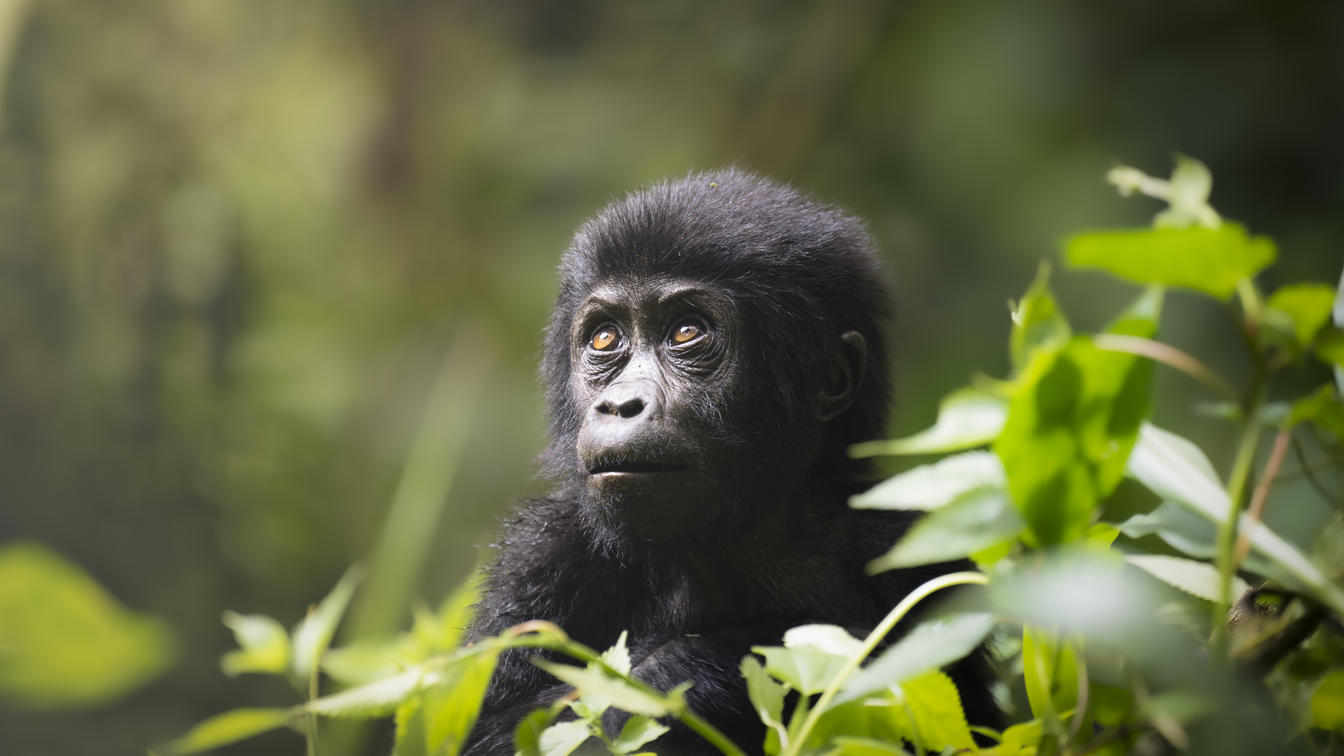 Despite its troubled past, Rwanda is now one of the safest destinations to travel to in Africa. Violent crime levels are surprisingly low, with the only issue being occasional pickpocketing in crowded markets. That being said, you should always travel with your wits about you and opt for licensed taxis when exploring Kigali, which are distinguishable by their white colouration and orange stripe.
Despite its troubled past, Rwanda is now one of the safest destinations to travel to in Africa. Violent crime levels are surprisingly low, with the only issue being occasional pickpocketing in crowded markets. That being said, you should always travel with your wits about you and opt for licensed taxis when exploring Kigali, which are distinguishable by their white colouration and orange stripe.
If you are concerned about your safety, we highly recommend traveling with a trusted tour company such as Vencha Travel, who will ensure your trip is one to remember for all the right reasons.
What is the official language of Rwanda?
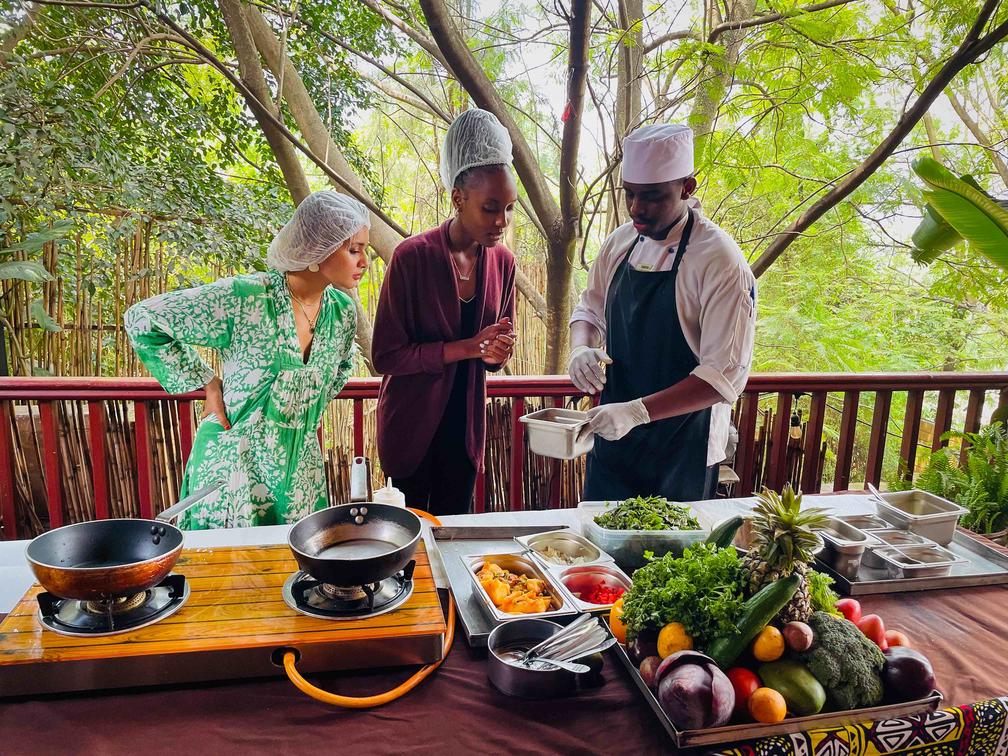
Kinyarwanda is the national language of Rwanda (and widely spoken throughout the country) while English, French, and Swahili are also recognised as official languages. Since Belgian rule, French has been considered the administrative language, although this is slowly changing since the government changed the education system to English in 2018.
Do you need a visa to visit Rwanda?
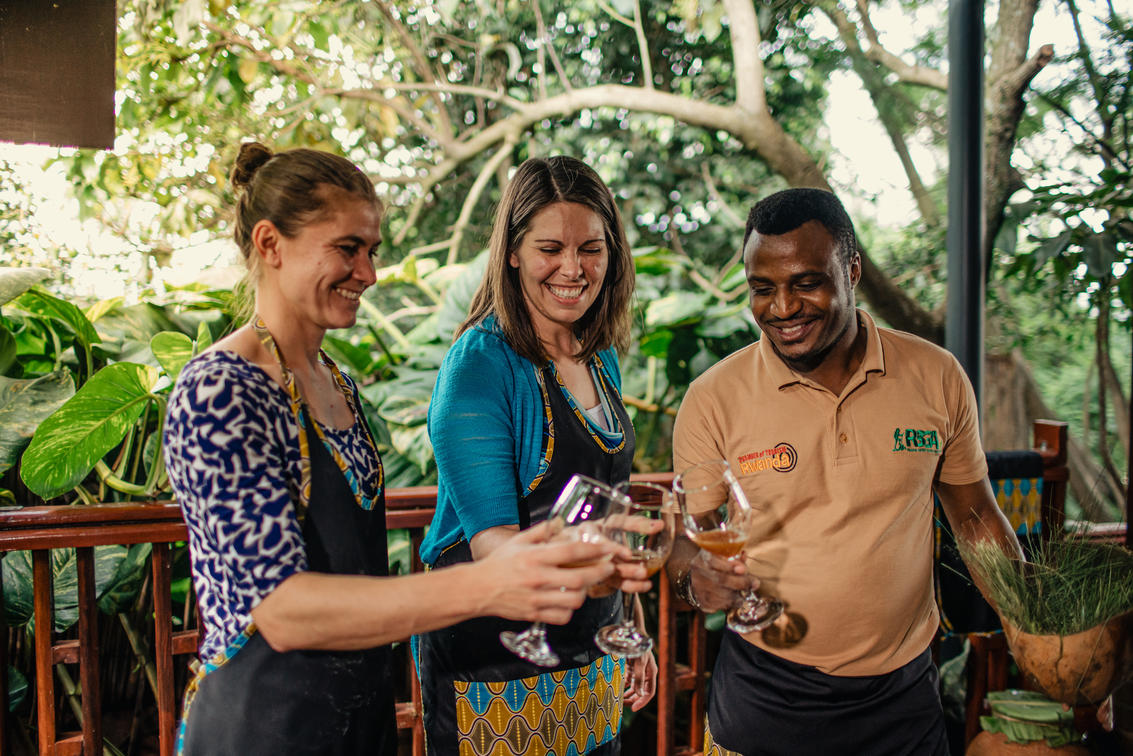 Visas are required for entry into Rwanda but these are issued for free on arrival for citizens of most countries. You will also need a passport with at least six months of validity and with at least one free page for entry and exit stamps.
Visas are required for entry into Rwanda but these are issued for free on arrival for citizens of most countries. You will also need a passport with at least six months of validity and with at least one free page for entry and exit stamps.
Citizens of African Union, Commonwealth and La Francophonie countries can stay for up to 30 days while citizens of East African Community Member States can stay in Rwanda for a period of six months.
The following countries are granted a 90-day visa free of charge upon arrival: Angola, Benin, Central African Republic, Chad, Cote d’Ivoire, Democratic Republic of Congo, The Federation of Saint Christopher and Nevis, Ghana, Guinea, Indonesia, Haiti, Mauritius, Philippines, Senegal, Seychelles, Sierra Leone, Sao Tome and Principe, Singapore and Qatar. For more information, check here.
What immunisations are recommended or required for visiting Rwanda?
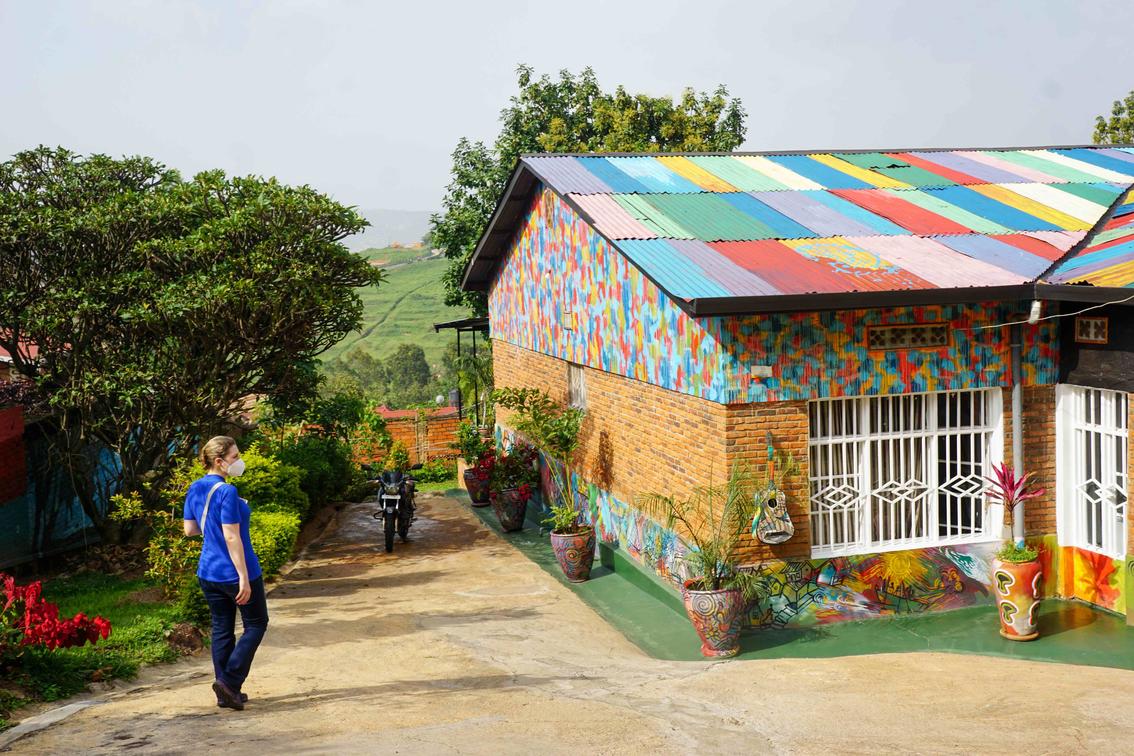 Aside from being vaccinated against Covid-19, there are no other compulsory vaccinations required for visiting Rwanda. However, most government agencies will advise that travellers are up-to-date with tetanus, hepatitis A, hepatitis B, diptheria and typhoid shots. Additionally, you should be vaccinated against measles, mumps and rubella.
Aside from being vaccinated against Covid-19, there are no other compulsory vaccinations required for visiting Rwanda. However, most government agencies will advise that travellers are up-to-date with tetanus, hepatitis A, hepatitis B, diptheria and typhoid shots. Additionally, you should be vaccinated against measles, mumps and rubella.
A yellow fever certificate may be required if you are arriving into Rwanda from certain parts of the Americas and Africa, including Burundi, DR Congo, Ethiopia, Kenya, and Uganda.
Some areas of Rwanda are prone to malaria, so it’s a good idea to bring anti-malarial drugs with you. Chat with your doctor about the most suitable options to meet your needs. Additionally, you should bring long-sleeve shirts and pants to prevent getting mosquito bites in the evening.
What type of currency is used in Rwanda?
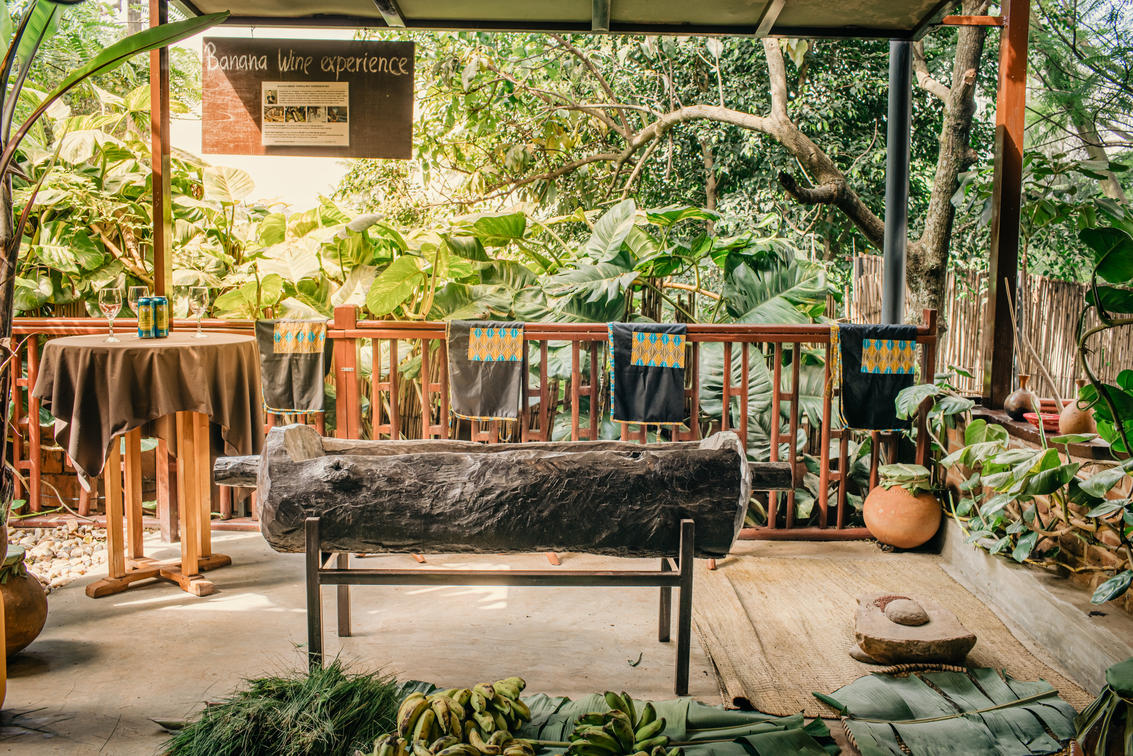 The official currency of Rwanda is the Rwandan franc (FRw), which is divided into 100 centimos. At the time of writing, 1 USD and 1 Euro were both equal to just over 1,000 Rwandan francs.
The official currency of Rwanda is the Rwandan franc (FRw), which is divided into 100 centimos. At the time of writing, 1 USD and 1 Euro were both equal to just over 1,000 Rwandan francs.
US dollars, Euros and British Pounds are accepted at many hotels and lodges, as well as at tourist restaurants and for entry into some national parks. Credit and debit cards are also accepted by larger businesses and big supermarkets. Visa tends to be more widely accepted than Mastercard. At local businesses and on public transport, you will need to pay cash using Rwandan francs.
ATMs are readily available in Kigali and found in most major towns throughout the country, although not all of them will accept foreign cards. Alternatively, cash can be exchanged at banks and currency exchange houses. Banks are usually open from 8:00 to 17:00 Monday to Friday.
Can I drink the water in Rwanda?
Tap water in Kigali has been deemed safe to drink. That being said, its strong chlorine smell means that it isn’t appealing to everyone and bottled water is usually preferred. In smaller towns and villages, the water is not safe to drink but you can easily find bottled water at corner stores.
What time zone is Rwanda in?
Rwanda is in the Central Africa Time Zone (GMT+2) and does not observe daylight savings time.
What kind of adapters should you take to Rwanda?
Electricity is supplied at 230 volts in Rwanda, with plug types C (two round pins) and J (three pins in a triangular pattern) used.
How much should you tip in Rwanda?
While tipping is not compulsory in Rwanda, it’s always appreciated for outstanding service. As a guide, it’s recommended that you tip between $5-10 USD per person per day for a trekking/safari guide and $2-5 per day for trackers. Most hotels and lodges have a tip box where you can leave an offering that is divided between the staff

 1-321-766-6821
1-321-766-6821 
















